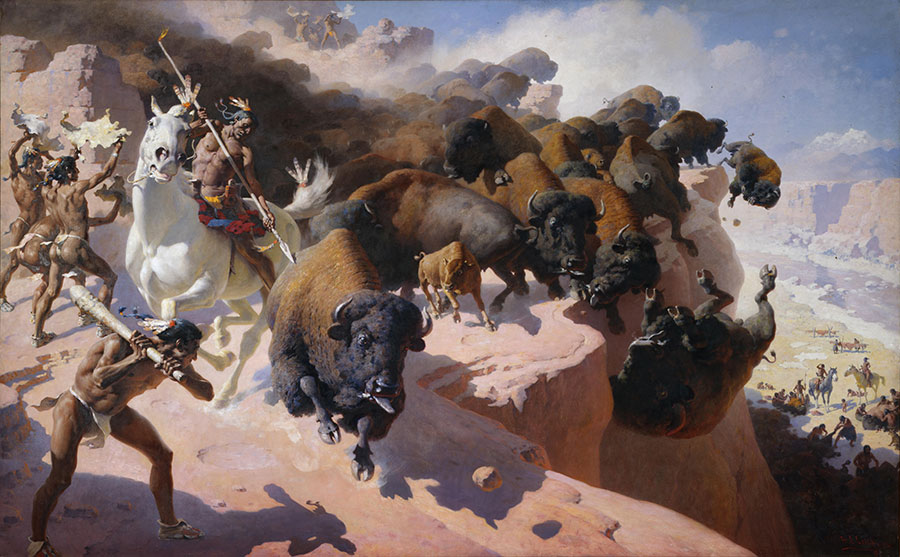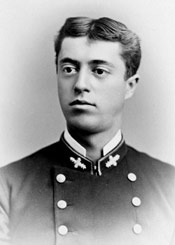drbrumley
Well-known member
Yes, I've seen that before - it uses the term "red-skin" to describe the individual, much as the native americans did and still do.
It does NOT refer to their scalps or other body parts to be turned in for a bounty
No, but there certainly was the appetite for it..
| On the morning that Chivington’s raiders appeared outside the camp, Black Kettle raised the U.S. flag provided to him by Army commanders who promised to protect his band during their winter encampment. Neither the flag nor the promises it represented were honored by Chivington and his Colorado Volunteers. The ensuing slaughter, wrote Hampton Sides in Blood and Thunder: An Epic of the American West, “is now widely regarded as the worst atrocity committed in all the Indian wars.”At the time, however, Chivington and his men were embraced as heroes by the fine “Christian” people of Denver: “Chivington returned to Denver in triumph. At a theater his men paraded their war trophies before the cheering crowds: Scalps, fingers, tobacco pouches made from scrotums, purses of stretched pudenda hacked from Cheyenne women. The Denver newspapers praised the Colorado Volunteers for their glorious victory.” “Posterity will speak of me as the great Indian fighter,” boasted Chivington. “I have eclipsed Kit Carson.” Carson, who fought Indian warriors in actual military engagements before becoming thoroughly disillusioned with Manifest Destiny, had nothing but frigid contempt for “that dirty dog Chivington and his dirty hounds … up at Sand Creek.” “His men shot down squaws, and blew the brains out of little innocent children,” Carson complained in a letter to Army Inspector Col. James Rusling. “You call such soldiers Christians…? And Indians savages? What do you suppose our Heavenly Father, who made both them and us, thinks of these things? I tell you what, I don’t like a hostile Redskin any more than you do. And when they are hostile, I’ve fought ’em, hard as any man. But I never yet drew bead on a squaw or a papoose, and I despise the man who would. I’ve seen as much of ’em as any man livin’, and I can’t help but pity ’em, right or wrong. They once owned this country…. But now they own next door to nothing, and will soon be gone.” |


